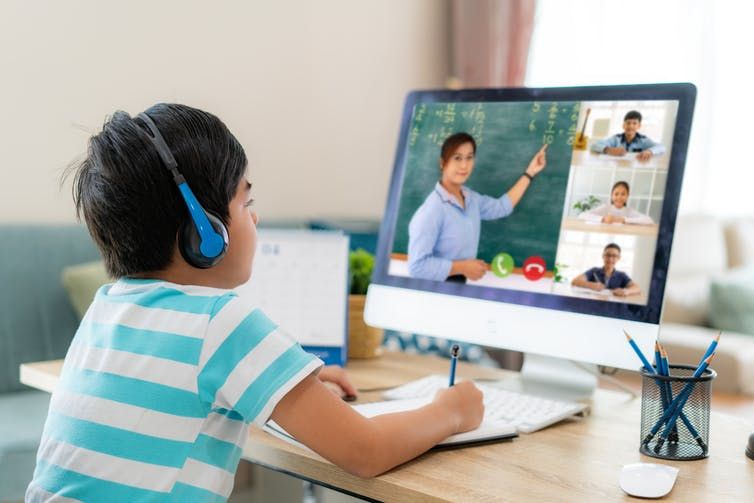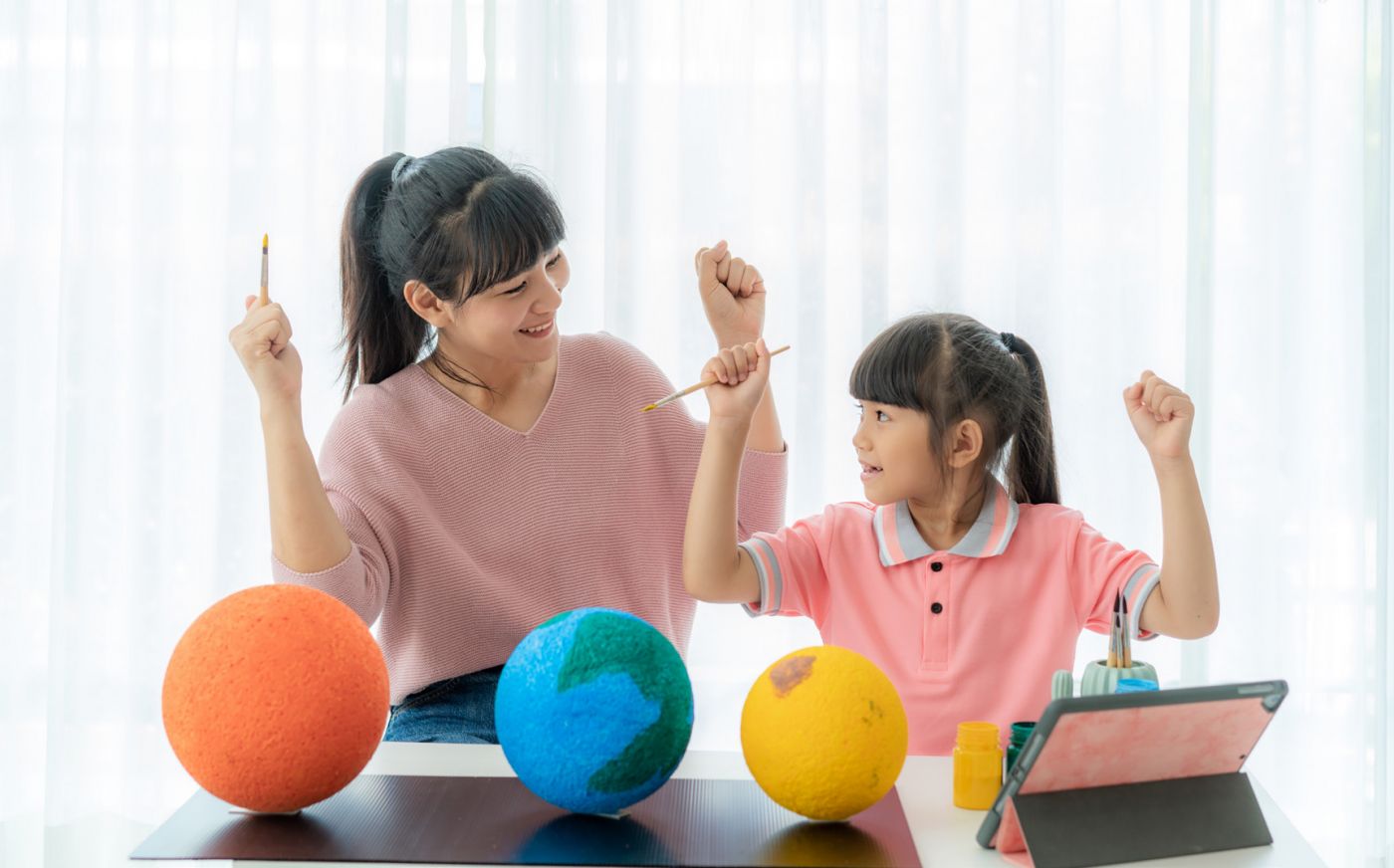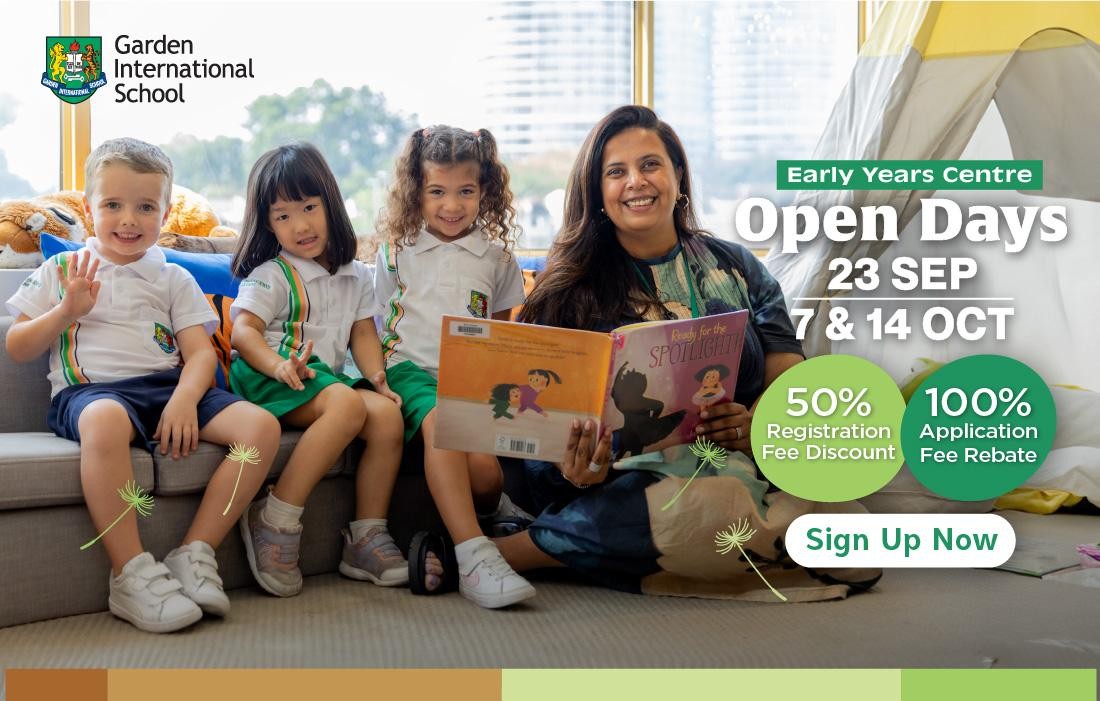
Janelle Torres, South East Asia Research Consultant, from ISC Research, provides insights into new factors influencing the school selection decisions of parents. Schools also report that increasing attention is now being paid to well-being, health and safety issues and to communication with parents.
For many parents, the response by schools to the challenges of COVID-19 is now influencing their education choice. Many international schools have demonstrated a level of agility and provision throughout this very challenging time that has been very reassuring to parents and will influence parental decisions regarding school choice for some time to come. Schools that have not responded sufficiently, may suffer as a result.

Extended campus closures, as a result of COVID-19, have given parents insights into their child’s education like never before. As a result, in addition to their existing educational requirements, international school admissions staff are reporting new factors influencing the school selection decisions of parents. Over recent months, the ISC Research team have gathered extensive feedback from a wide range of international schools about this.
Online Learning Now a Significant Selection Factor
The delivery of remote learning was a demand on all schools worldwide as a result of the pandemic and many parents were extensively involved in supporting their children through this experience. With the acknowledgment of likely campus closures or isolation periods into the future, an increasing number of parents are now exploring the preparedness of their child’s school or potential school to deliver this effectively. In a recent survey of international school admissions staff by ISC Research, 84% said their school’s online learning provision is now either important or very important to current and prospective parents.
In the early days of COVID-19 campus closures, the delivery of distance learning was challenging for most schools as a result of the sudden and unexpected shift. Some schools had good online infrastructure already in place and were able to adjust quickly. Others took longer. Many international schools have said their experience of distance learning during COVID-19 has impacted their future plans regarding the use of learning technologies. Most schools now know the resources that have been effective for helping children and young people to engage in and present their learning, and the infrastructure and device improvements they require. Many international schools say they are investing in training to upskill their staff to competently and creatively deliver distance learning.
The extended experience of online learning has resulted in skilled educators seeing the elements of online learning that have had a particularly positive impact on students. As a result of this, some international schools are planning to introduce an ongoing blended learning programme, combining traditional classroom practice with online interaction and engagement.

Well-Being Another Important Consideration
Well-being provision is increasingly being recognised by many international schools, and it has been particularly important during COVID-19. As a result, the well-being support provided by a school is also now considered a very important factor for many parents. Some schools have been delivering outstanding support. A school in Malaysia developed a virtual newsroom during campus closures for its students and staff. The newsroom shared community-generated content that included positive learning stories, creative performances, imaginative challenges, special virtual and in-person stories from within the school community, and details of the school’s outreach initiatives.
Health and Safety
International school admission managers say that health and safety procedures, including sanitisation and social distancing policies, are increasingly being questioned by parents. Admissions staff say this is currently one of the most important factors for parents as campuses are reopened, and is likely to remain of significance for some time to come.
International schools will have protocols in place regarding sanitisation, the use of personal protective equipment, health checks, isolation, transportation of students, etc. and these are accessible to parents who wish to be reassured of the procedures in place.

Parent Communication
Parental involvement with their child’s school has been increasingly offered in a variety of ways. Some international schools host classes focusing on a range of skill development for parents from language and maths, to online safety. Many other schools offer more social solutions for parents such as coffee mornings and yoga classes, some of which are currently being delivered online. Schools are also increasingly providing parents with ongoing access to their child’s learning journey and engagement with teachers and leaders via a secure parent portal or app.
Those schools with such provision already established found the experience of supporting parents through COVID-19 more efficient and effective. The volume of communication with parents noticeably increased during this time as more parental participation in learning requirements and wellbeing support was required. As a result, there has also been an effort by some schools to develop more creative forms of communication such as pre-recorded video updates and live parent sessions through video conferencing solutions. Many parents will want this level of communication from their school into the future.
Traditional Motivations for International School Selection Remain Strong
Whilst new school selection factors are emerging as a result of COVID-19, the traditional reasons why many parents choose an international school remain the same. These include the language or languages of learning, the academic outcomes, the supported pathways to global higher education, and the whole-child learning provision incorporating the arts, sports, the environment, the development of creative and independent learning skills, and extracurricular provision. School fees vary, often reflecting the range of education provision.
Notably throughout South East and Eastern Asia is the increasing emergence of bilingual schooling. Some governments now insist on national students being provided with local culture, history, tradition and language provision and this requirement can include international schools. Many international schools independently recognise the value of this. In addition, many parents want their child to value their home language and cultural heritage as well as becoming fluent English speakers. This is driving the growth of bilingual learning in international schools and this now represents one third of the world’s international schools market. This demand trend is another that is expected to grow in forthcoming years.
Janelle Torres is the South East Asia Research Consultant, part of the Field Research Team at ISC Research. Janelle works with international schools throughout the region to gather the crucial intelligence to enable ISC Research to produce an accurate and comprehensive view of the international schools market.
ISC Research supports international schools with their positioning, business planning and development strategy. For more information, please visit www.iscresearch.com
If you have found this article helpful, please check out the following articles:
1) What to Look for in an International School for Your Child
2) Popular Online Learning Platforms for Students
3) Online Learning by International Schools in Malaysia
4) International Schools in Selangor
5) 5 Ways to Take Care of Your Mental Health at Home
To find out more about international schools in Malaysia, read the full copy of the latest edition of the Education Destination Malaysia: Guide to International Schools 2021 here.



















![[Baseerah International School] Merdeka Celebration](https://mint-edm.sgp1.digitaloceanspaces.com/production/fCq6Ptnk4wtOSZhxdbtfffdqS19r8r.png)





















